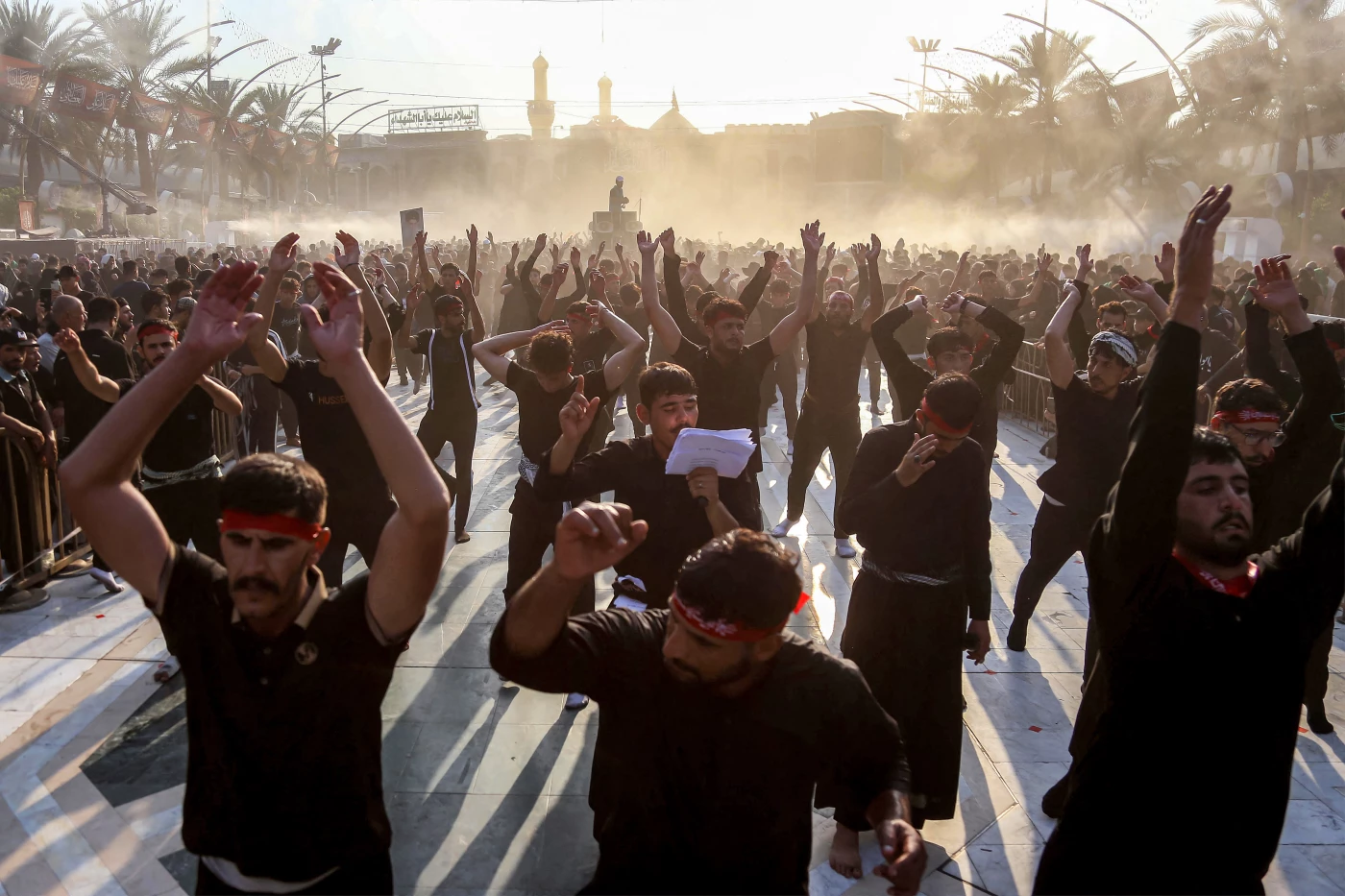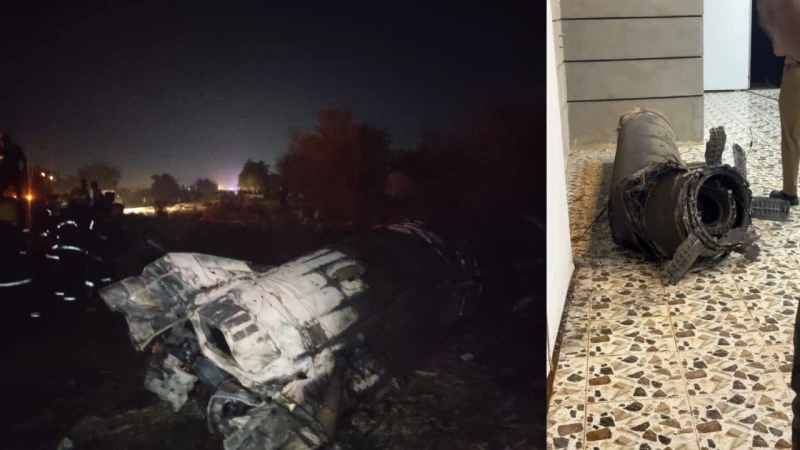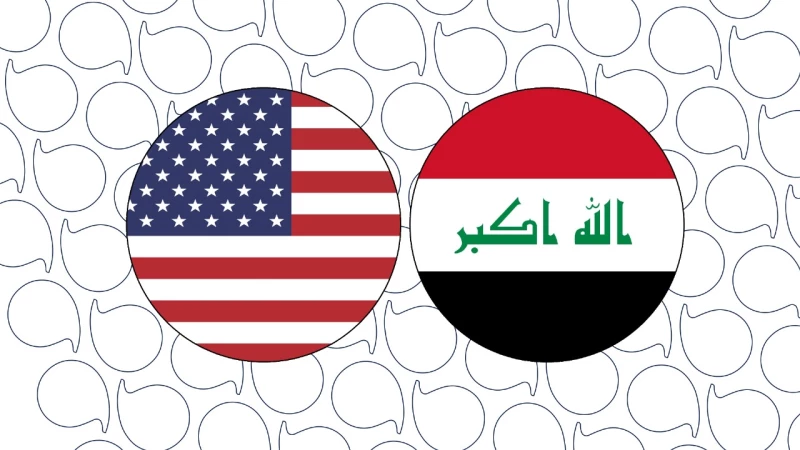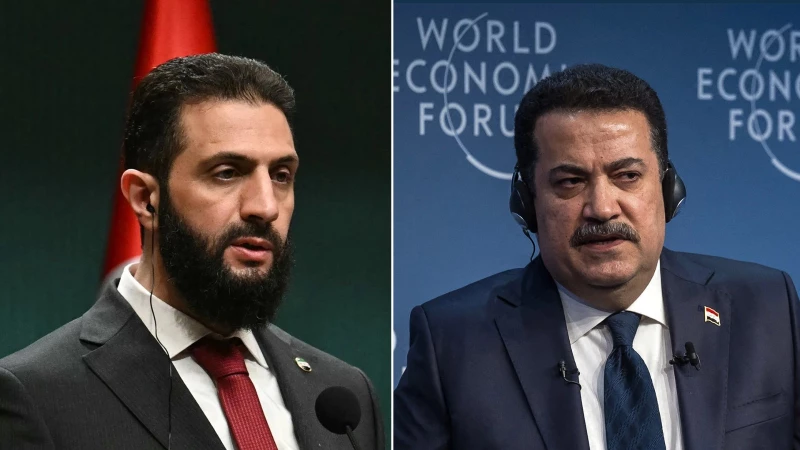DUBAI, UAE - Iraqi Ministry of Transport announced Tuesday that it had deployed a comprehensive transportation system, encompassing air, land, and sea, to facilitate the movement of pilgrims during the Arbaeen pilgrimage.
In a statement, the ministry highlighted its reliance on data-driven planning and coordination for this year’s pilgrimage.
The government treated the event as a major project, focusing on efficient execution through precise planning, according to the ministry's media office.
The transport ministry's efforts were particularly concentrated on the primary route between Baghdad and Karbala, utilizing buses for pilgrim transport.
The ministry also integrated various other means of transport, including airports, Iraqi Airways, the railway network, and private vehicles.
Prime Minister Mohammed Shia' al-Sudani directed the Supreme Committee for the Arbaeen Pilgrimage to implement a role distribution strategy across different service sectors, emphasizing the importance of high-level coordination among all participating entities.
Transport Minister Razzaq Muhibis al-Saadawi oversaw the implementation of a pre-planned logistical strategy. This included intensive meetings by the Transport Operations Room, chaired by the administrative deputy, which operates under the Supreme Committee’s umbrella, comprising various ministries and institutions.
The ministry detailed its fleet deployment for the pilgrimage, which included 16 trains operating on two key routes, as well as active participation from airports in Najaf, Baghdad, and Basra. Iraqi Airways contributed 26 planes, supported by 40 ground vehicles, five boats, and 62 maritime transport vehicles.
The bus fleet was managed through an electronic monitoring system, utilizing GPS to track congestion points, manage deployments, and adjust bus operations.
The ministry deployed 350 buses to transport pilgrims from border entry points to Karbala, later increasing the fleet to 570 buses out of a total of 650. An additional 200 blue buses were also brought in for reverse transportation.
The statement also mentioned additional logistical support from the Land Transport sector, which included 130 trucks, as well as resources and personnel from Iraq’s ports to sustain the transportation momentum during the pilgrimage.
Over 3.4 million foreign pilgrims have entered Iraq for the annual Arbaeen pilgrimage, which marks the end of an annual forty-days of mourning period for the death of Imam Hussein, the prophet’s grandson.
The influx, managed through 10 key border crossings, highlights the pilgrimage's scale. Interior Minister Abdul Amir al-Shammari, leading the Supreme Security Committee, implemented a more flexible security plan this year, with fewer road closures to ease pilgrim movement.
Iraqi Prime Minister Sudani actively oversaw the operations, with extensive involvement from state and security forces, particularly in transportation and service provision.


 Facebook
Facebook
 LinkedIn
LinkedIn
 Telegram
Telegram
 X
X



